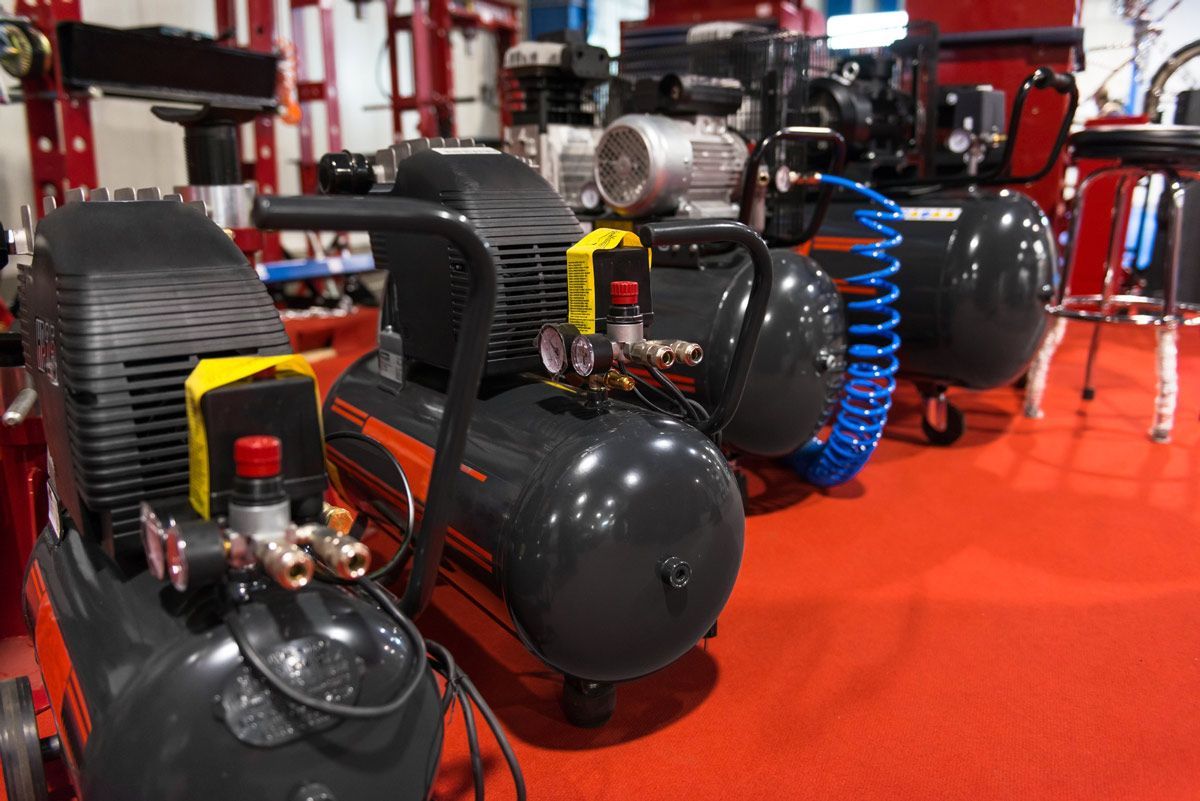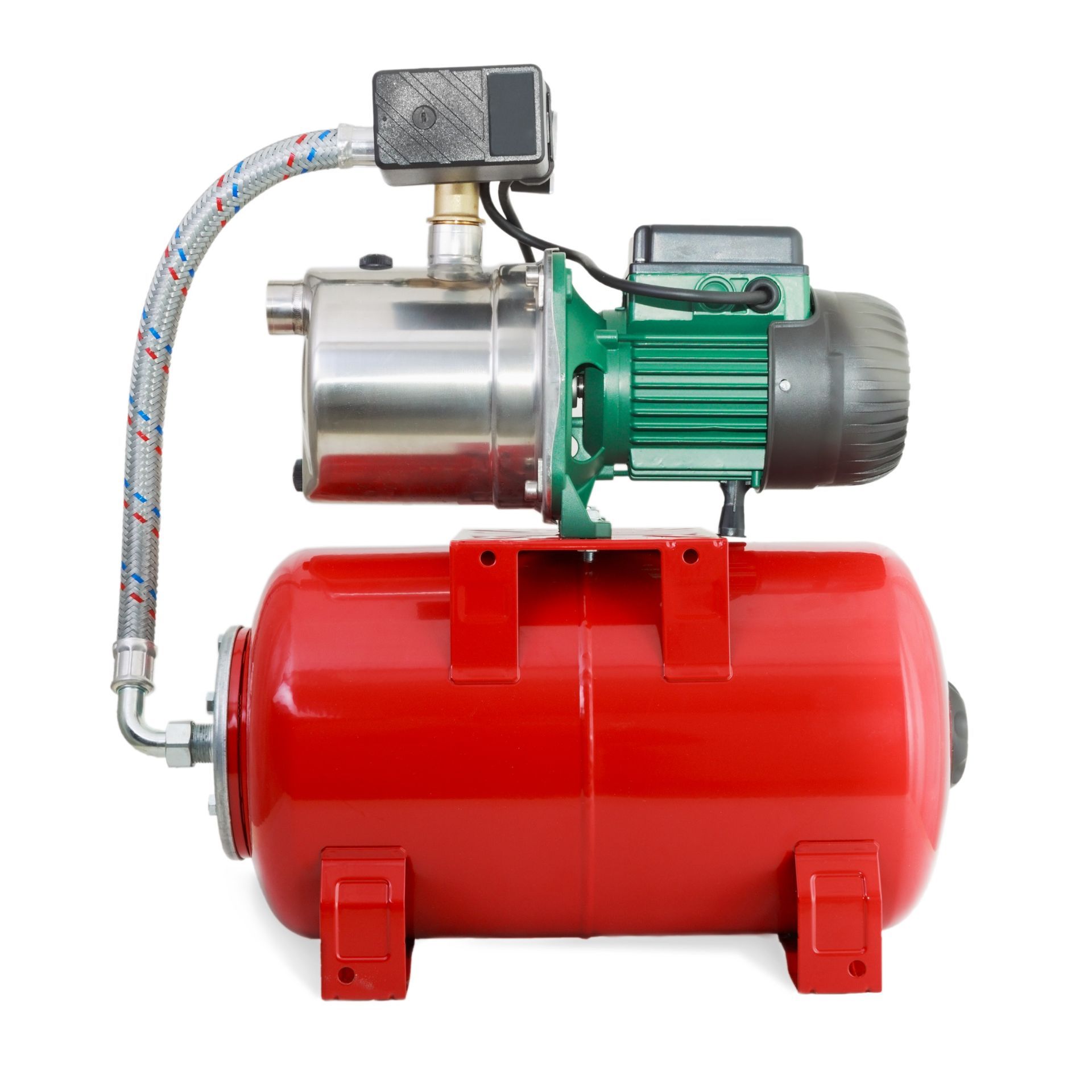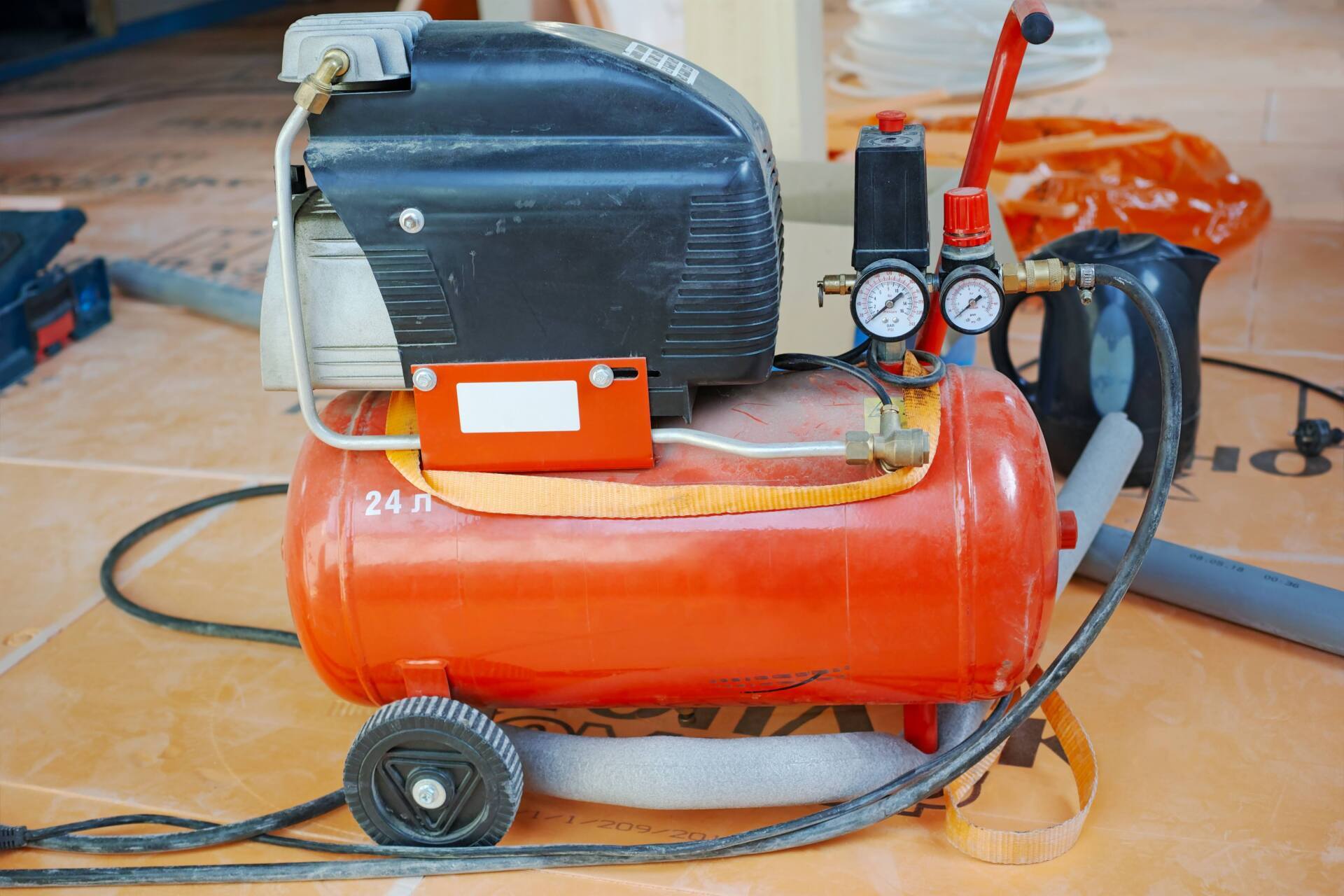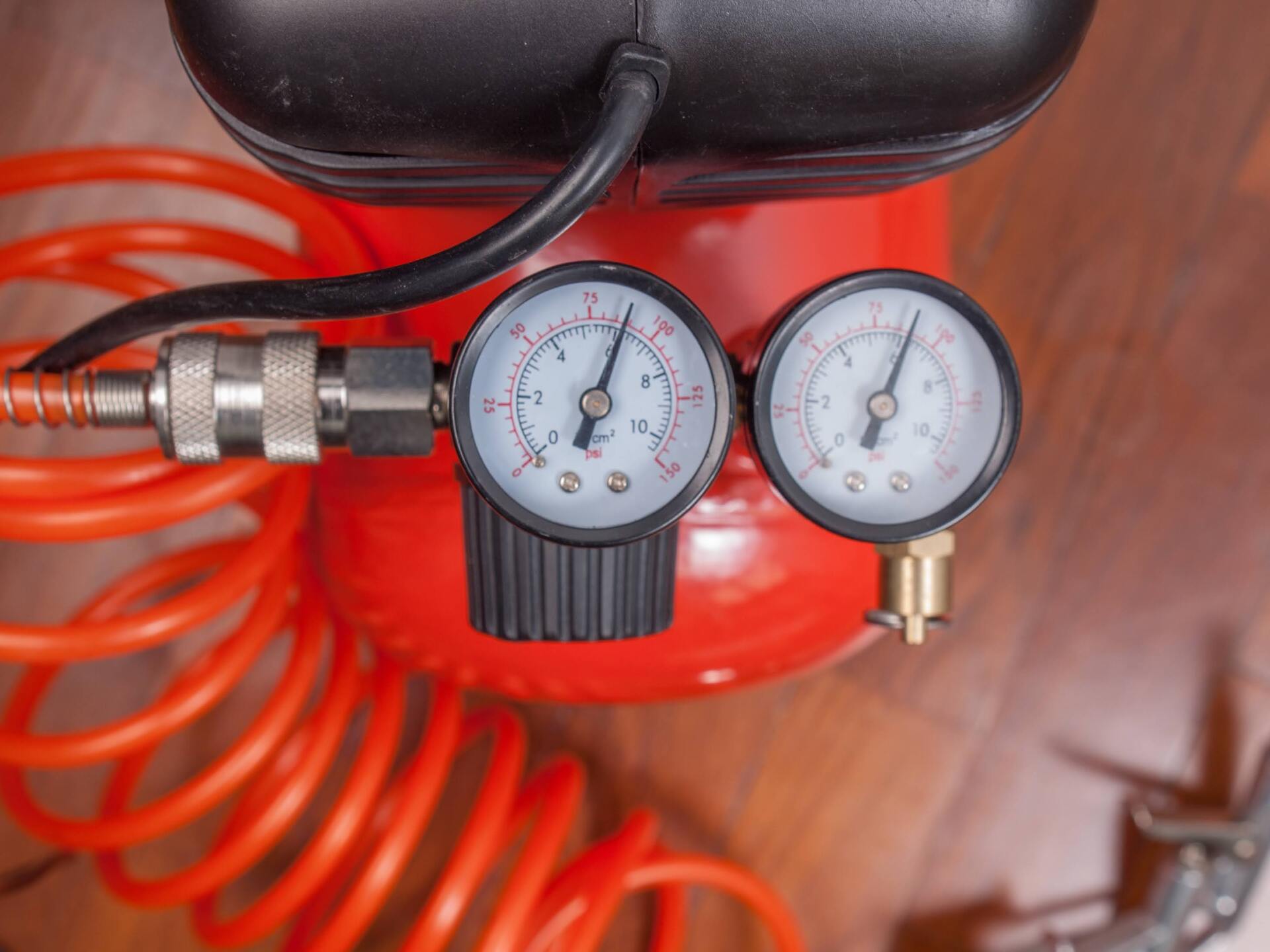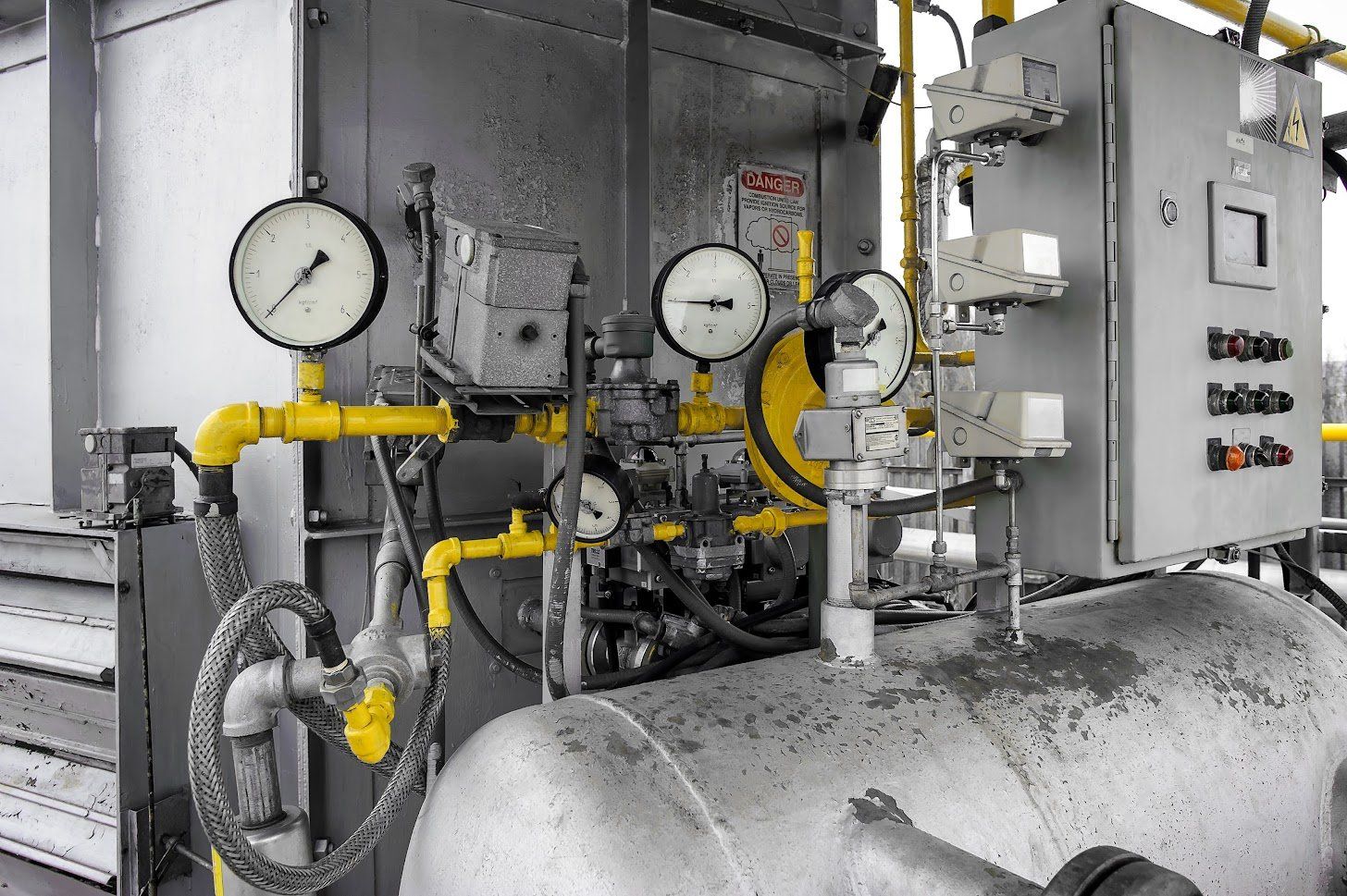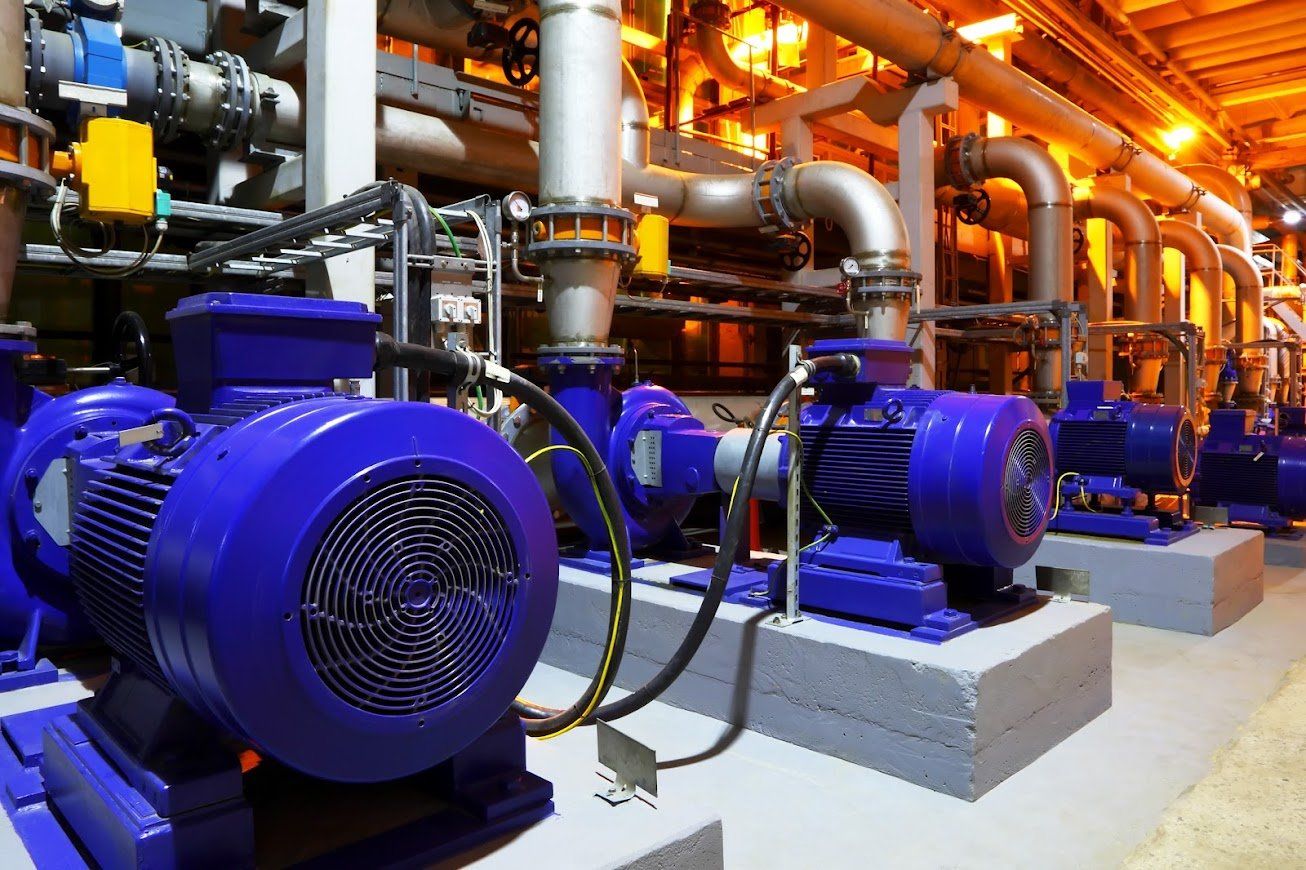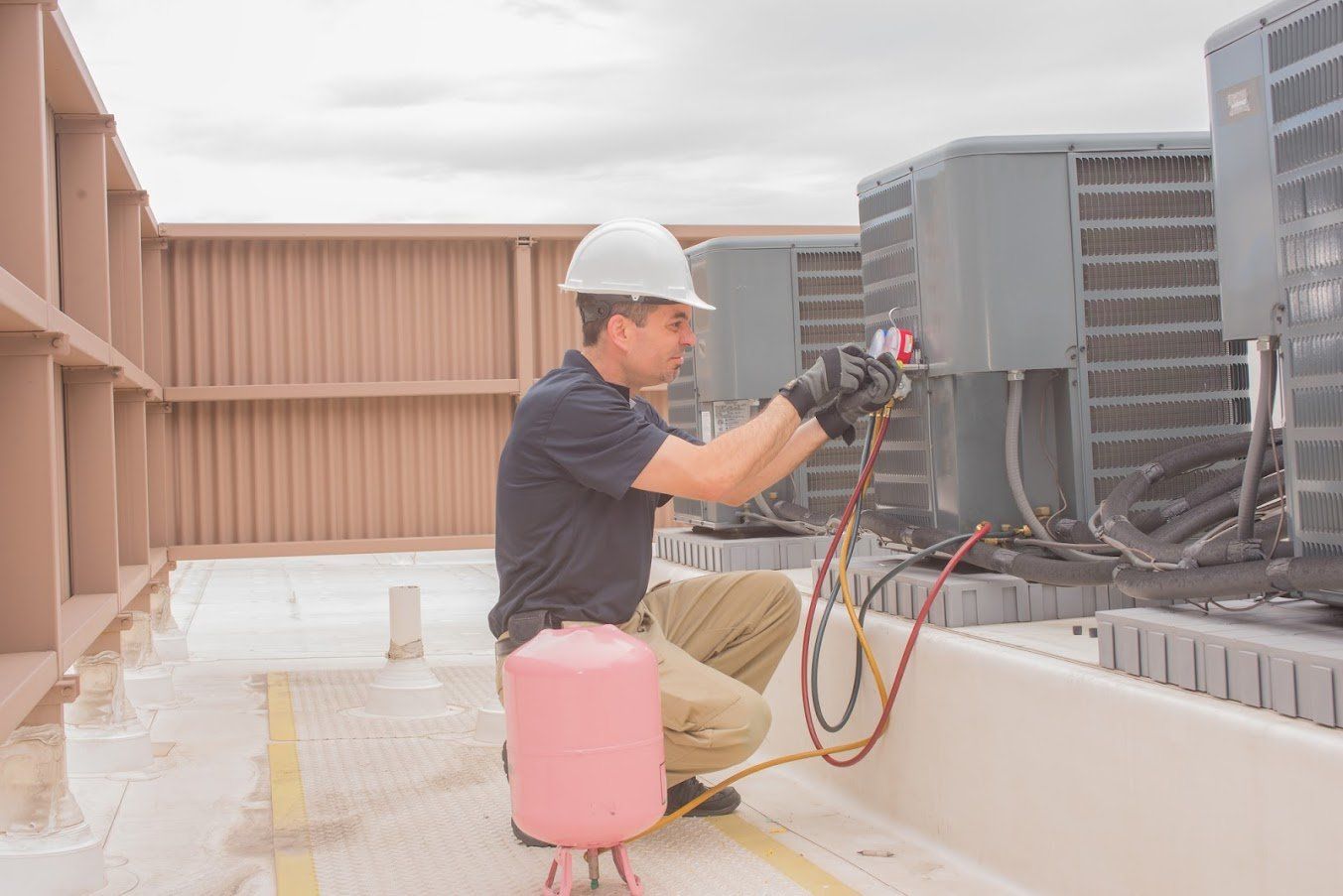Air Compressors for Construction Sites: What to Look For
Air Compressors for Construction Sites: What to Look For
- By Admin
- •
- 04 Jan, 2021
- •

Air compressors are fantastically versatile devices and are used as safe, reliable power sources by a wide variety of industries. For construction contractors, air compressors are practically indispensable and can be used to power anything from a handheld, pneumatic impact wrench to a massive concrete drilling rig.
If you work in the construction industry and you are looking for a new air compressor to use on your work site, picking a suitable model for your needs is essential. Keep the following guidelines in mind while you compare air compressor models so you can make an informed choice.
Check CFM Rating
When you look for an air compressor to power pneumatic tools on a construction site, the first thing you should check is the compressor's CFM rating. CFM stands for cubic feet per minute, and it is used to measure the rate at which an air compressor forces air into an attached tool or piece of equipment.
To get the most use from your new air compressor, you should choose a compressor that has a high enough CFM rating to power most or all of the tools you intend to use. It may be necessary to purchase a smaller compressor with a low CFM rating to power hand tools in restricted areas, and a separate, more powerful model for powering heavy equipment in more accessible locations.
Look at Mobility
To get the most use from your air compressor, it must be a portable model that can be relocated with relative ease. This is particularly important for multi-story construction projects, as carrying heavy air compressors to elevated locations can cause serious fatigue and reduce efficiency.
If you need a compressor to power small, handheld pneumatic tools, a portable, single-stage model may be sufficient for your needs. Single-stage air compressors are lighter and less mechanically complex than two-stage compressors, and they can be carried up stairwells and scaffolding towers with relative ease.
However, single-stage compressors have lower capacities than larger models and may not be powerful enough for more demanding pneumatic tools. If you can access upper stories via ramps or elevators, a two-stage compressor fitted to a wheeled mount will be much more powerful, while retaining enough mobility to be transported by one or two employees.
For ground-level work in areas that can be accessed by vehicles, a larger compressor mounted to a work truck or trailer is ideal. These compressors are large and powerful enough to run heavy pneumatic tools for extended periods and are perfect for powering cement mixers, concrete saws, and other pneumatic tools with high energy demands.
Be Mindful of Noise
Construction sites can be noisy places at the best of times, but if your site is located in a residential area, you may be required by law to keep noise levels to a minimum. Most air compressors create between 50 and 80 decibels of noise while functioning, so for suburban sites, you should look for a compressor with a noise rating at the lower end of this scale.
You should also avoid using oil-free air compressors, as these compressors produce significantly
more noise than oiled compressors. Bear in mind that using oiled air compressors can cause your air tools to become contaminated with lubricating fluids, so you may need to clean and maintain your air tools more frequently if noise restrictions keep you from using oil-free compressors.
Choose the Right Fuel
The type of fuel your air compressor uses can also affect its usefulness on your construction site. Electric compressors are more suitable for use in enclosed spaces, as they do not produce any toxic exhaust gases. However, finding a suitable power source to charge an electric compressor can be difficult if your construction site lacks utility connections.
Compressors powered by gasoline or diesel are more suitable for exterior construction work and also tend to be quieter than their electric counterparts. If you are able to mount your new compressor on a truck or trailer, choosing a compressor that uses the same fuel as its towing vehicle can help simplify refueling and logistics.
If you have any more questions about air compressors for use in construction, contact the air compressor experts at Compressed Air Systems today.
- Mon - Fri
- -
- Sat - Sun
- Appointment Only






Serving Whatcom, Skagit, Snohomish King, and Pierce Counties.


